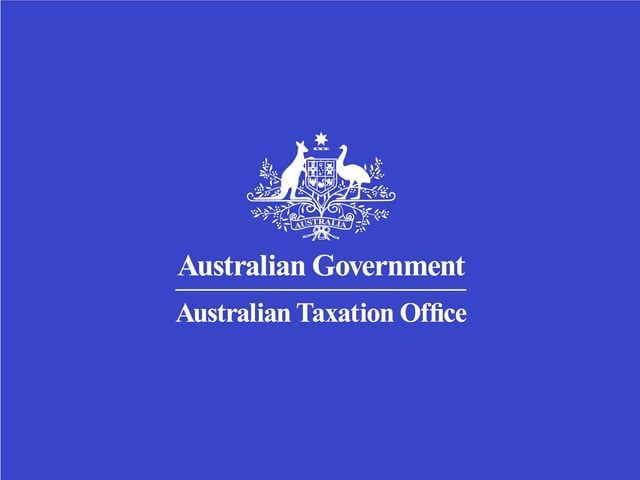4 Tips for Business Owners To Plan Your Down Time
Summer is here! It is a time to slow down after the busy holiday season. Take valuable time off for yourself and plan for the year ahead. While revenue can be affected by these slower months it is important to not get scared by the slow down. Use your time effectively and be sensible with your planning and budgeting. We recommend the following four tips to get you through the slow season:
Give Your Staff The Option to Take Unpaid Leave During Slow Times
Don’t assume that your staff have all of the time off they desire. Many full and part-time staff members would treasure a few extra days with family and friends this time of year. Be sure to ask in the slower summer months if they have plans and not enough leave. Let them know you are happy to provide additional unpaid days.
Send Invoices Promptly To Avoid Getting Paid Late
No matter how busy you get during the lead up to summer, be sure to keep on top of your invoicing. Many businesses and their bookkeepers are on skeleton staff and this may result in late payments over the summer months. To ensure late payments don’t negatively affect your cash flow be sure send invoices on time or even a bit early if you know your clients will be on leave.
Plan Your Outgoings
If you need to delay ordering new stock to ensure your cash flow is strong it is better to wait than to push through an order you can’t pay. If your invoices or cash flow is tight it is better to wait until you can confirm you have the cash coming in before you spend it. It is always better to stagger your outgoings rather than committee to a large spend all at once.
Review Your Data
Have a look at your profit and loss statements over the years to understand your business’s patterns. This will help you to budget in the coming months, so you can plan accordingly. If you don’t have an online accounting system that does this, we recommend taking advantage of these quiet times to put a new system in place. We recommend cloud-based software such as Xero or MYOB for most small businesses.
Questions?
We are always happy to provide a free consultation if you would like more information on how to use the summer months to plan and get your finances on track. You can book a time with us by emailing enquires@360accountingservices.com.au or call us on 1300 360 749.
newsletter here!
Share This Post





